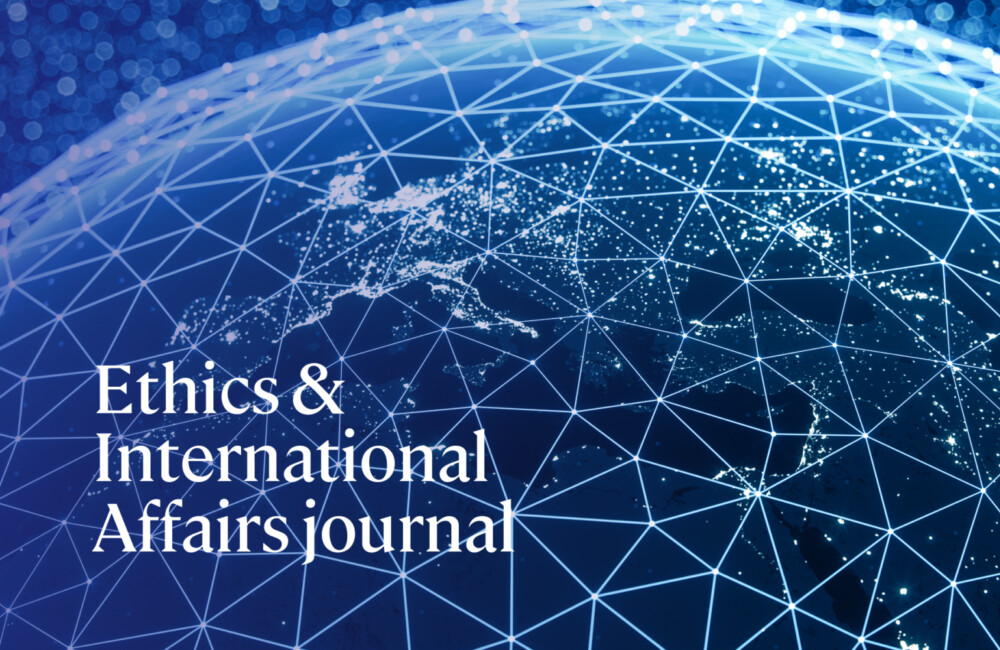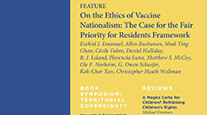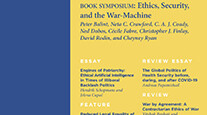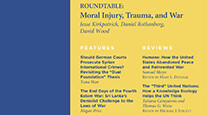Dewey's refusal to abandon his strong belief in the democratic ideal, which must materialize not via powerful political elites but rather through publicly created institutions and full participation of ordinary citizens, has been grossly misunderstood. Using Dewey's critics' own arguments that purport to show Dewey intentionally, or naively, disregarded the role of power in the relations of communities, Westbrook brings examples to reinforce the contrary view. Dewey's adherence to the view that war must be universally outlawed and sanctioned was targeted precisely on the international political elites in order to reduce their domination and to maintain the real power within the hands of the citizens.
To read or purchase the full text of this article, click here.



